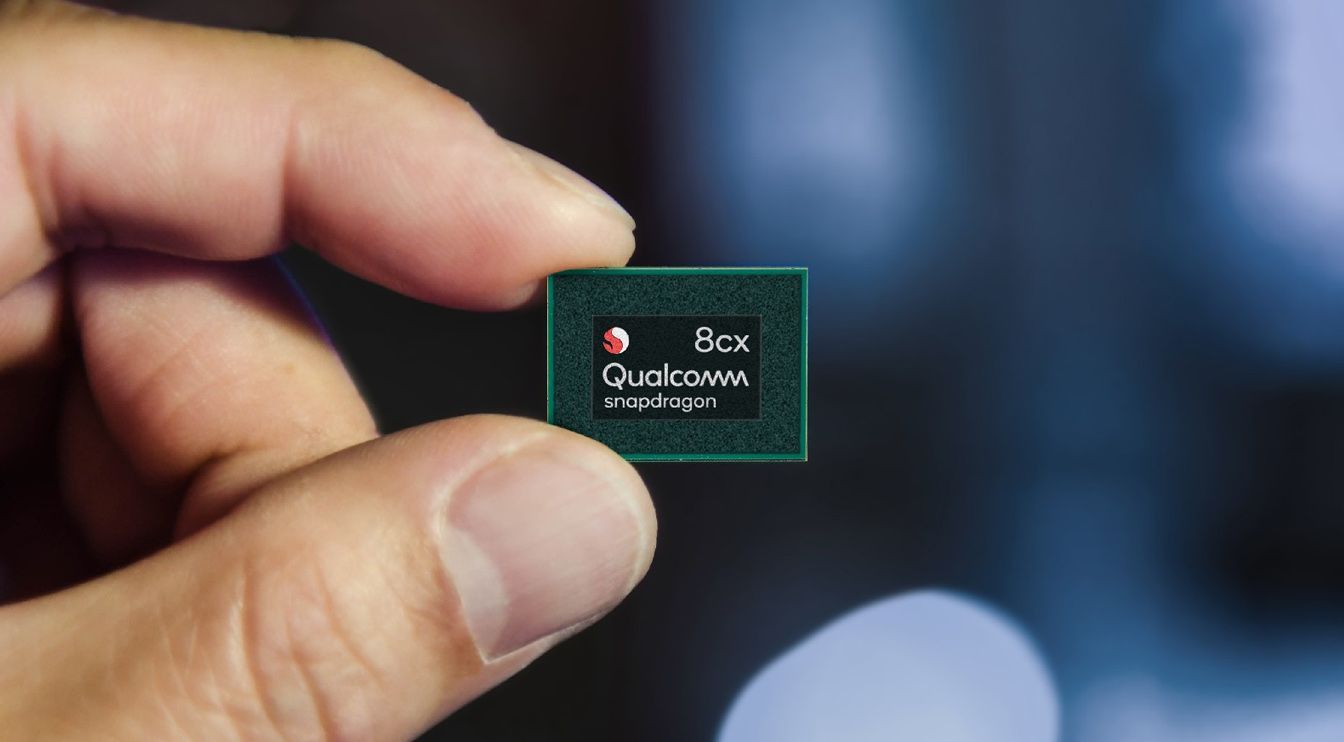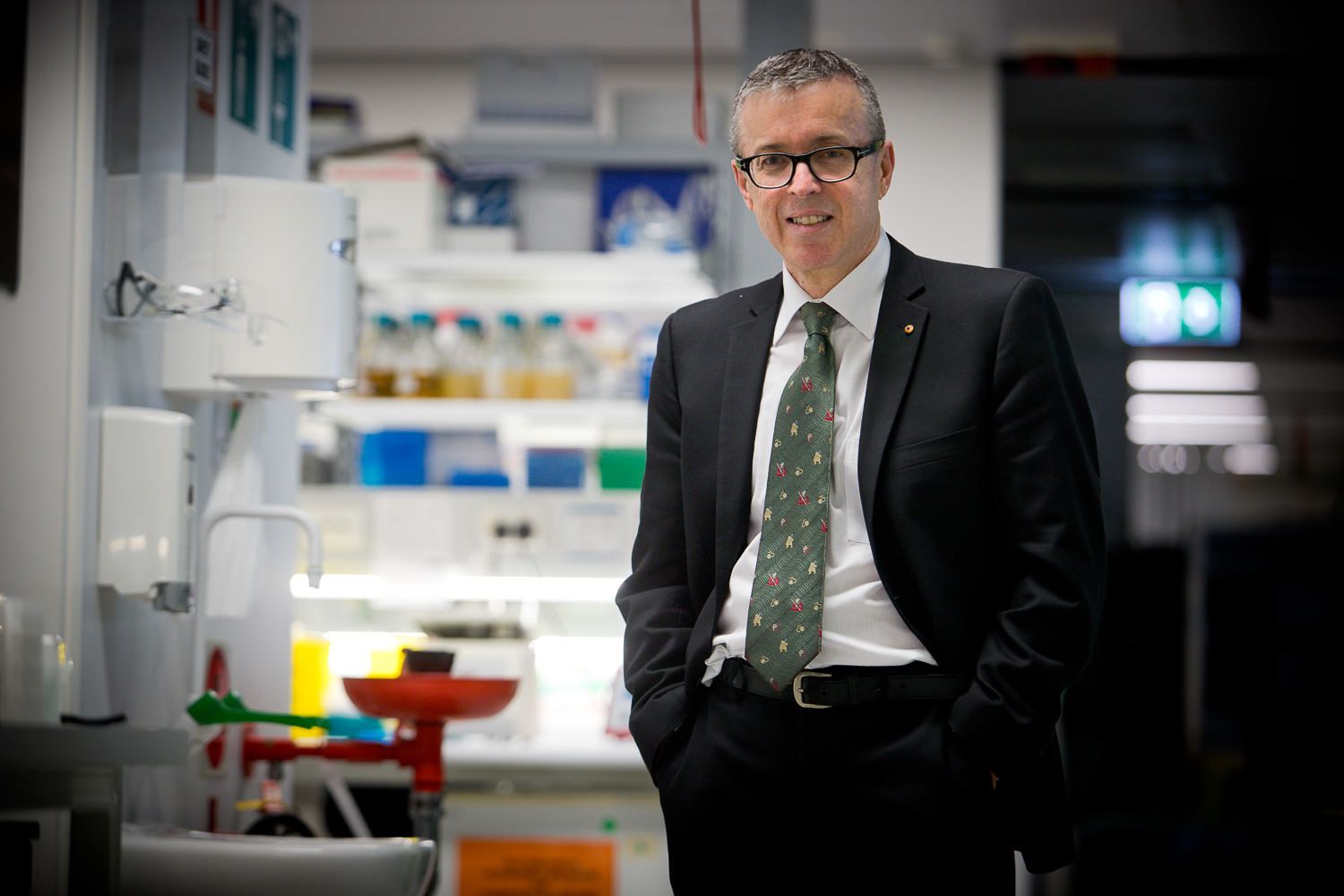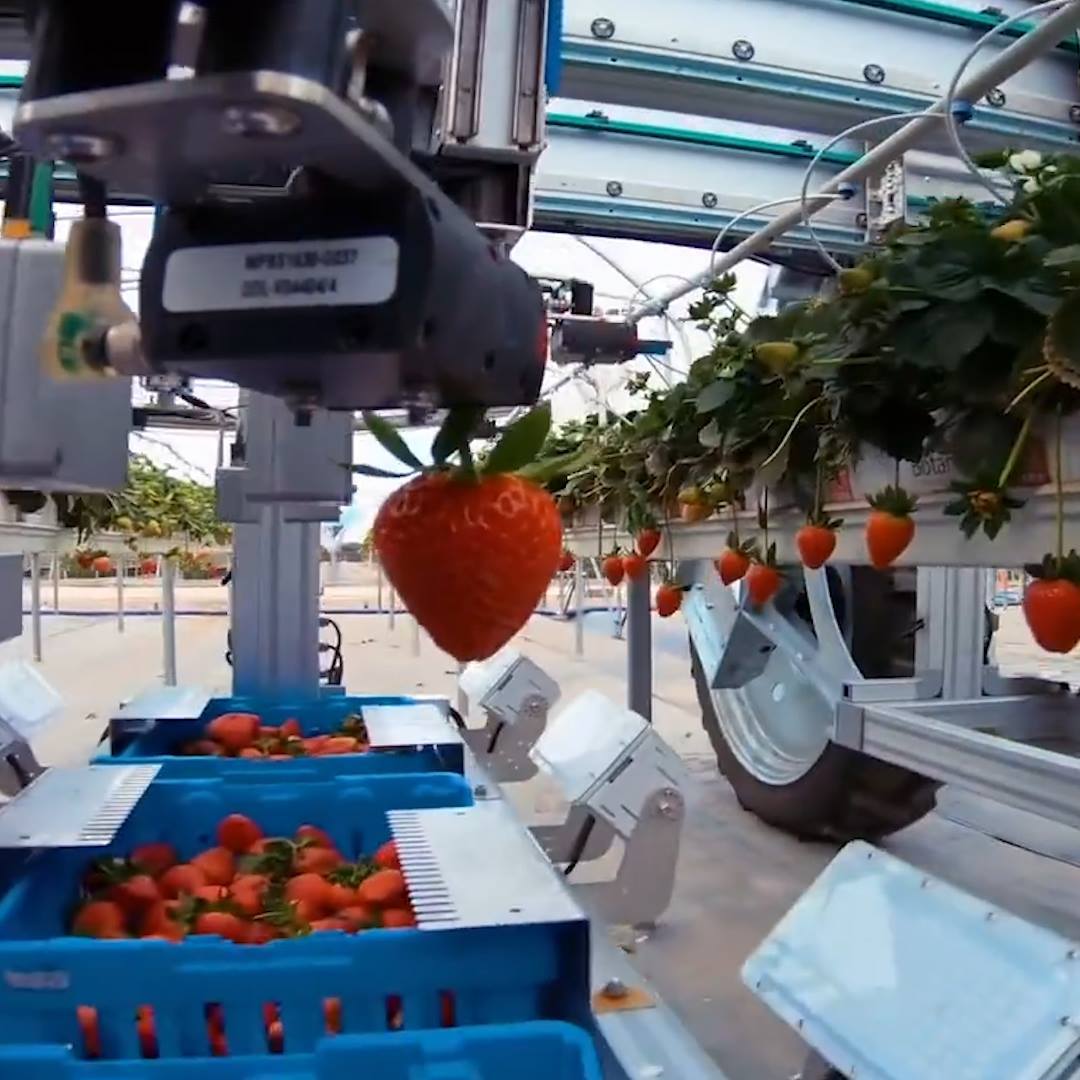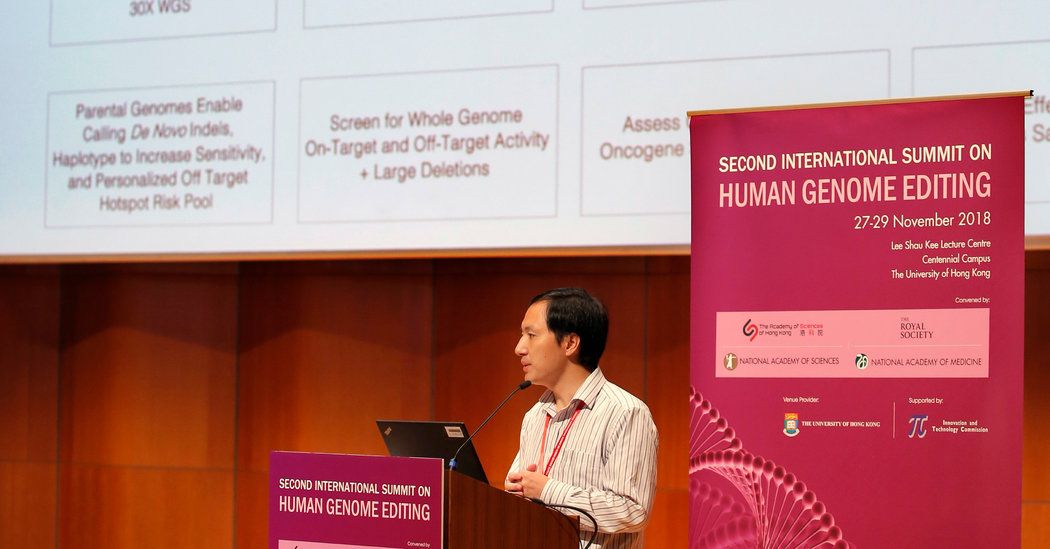Dec 8, 2018
Support the Drive to End Age-Related Diseases During Project for Awesome
Posted by Steve Hill in categories: biotech/medical, education, life extension
Project for Awesome (P4A) 2018 is finally here, and you can help us to win much-needed funds at no cost to you by voting for the videos supporting our charity.
Every year, a number of charities are chosen through voting, and they each receive a sum of money based on what the fundraiser at P4A has raised. In the past, charities have received around $25,000 each, which is a considerable sum, especially for a small non-profit org such as LEAF.
Continue reading “Support the Drive to End Age-Related Diseases During Project for Awesome” »


















